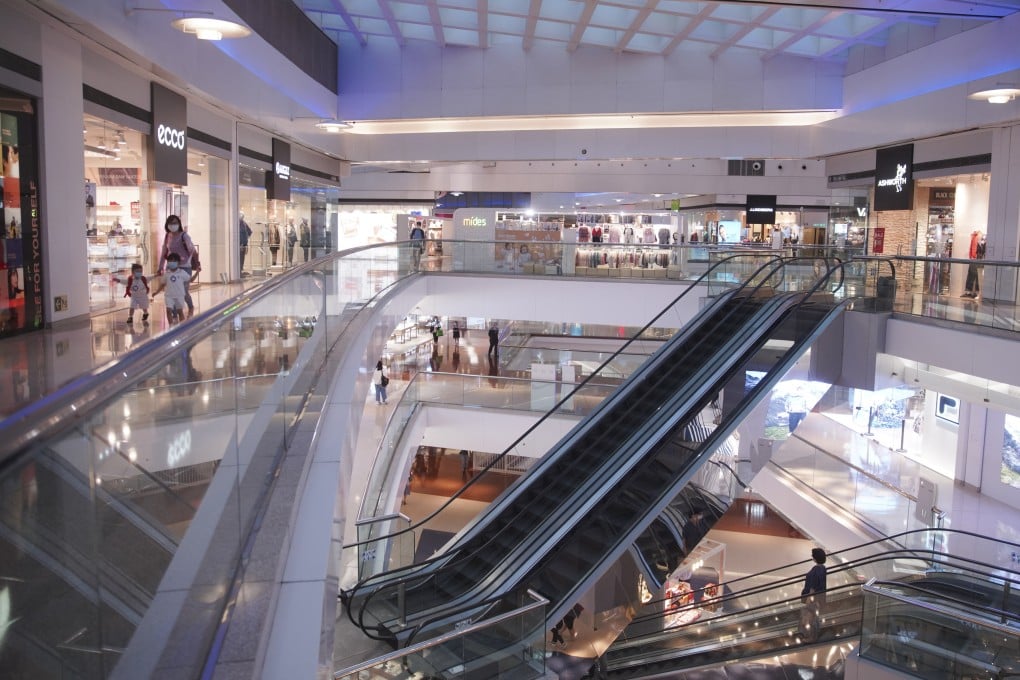Festival Walk: Reit investors seek clarity on future of Hong Kong mall as US$7.6 billion merger of Temasek units nears
- Temasek units Mapletree Commercial Trust and Mapletree North Asia Commercial Trust announced a US$7.6 billion merger in December
- Anti-government protesters vandalised Festival Walk during the social unrest in November 2019

Investors have raised questions about the viability of Festival Walk, the upmarket Hong Kong shopping centre owned by a unit of Singapore’s Temasek Holdings.
Rents in Festival Walk are likely to stabilise or decrease slightly this year even as the company continues to bet on Hong Kong’s viability as an investment destination, according to Mapletree Commercial Trust (MCT), another Temasek subsidiary, which is merging with Mapletree North Asia Commercial Trust (MNACT), the mall’s owner.
MCT made the assessment in reply to questions from investors who sought more details about its proposed merger with MNACT. The plan, first announced in December, will create the seventh largest real estate investment trust in Asia with an expected market value of about S$10.5 billion (US$7.6 billion), according to Reuters.
“Incremental [rental] growth is only likely to materialise once the current Omicron outbreak is brought under control and cross-border travel is back to normal,” MCT said in a statement to unit holders.
Located in the upscale district of Kowloon Tong, Festival Walk was acquired by Mapletree Investments in 2011 for about S$2.9 billion, which became part of MNACT’s assets after a reorganisation in 2013. It was Mapletree’s first commercial property acquisition in Hong Kong.
